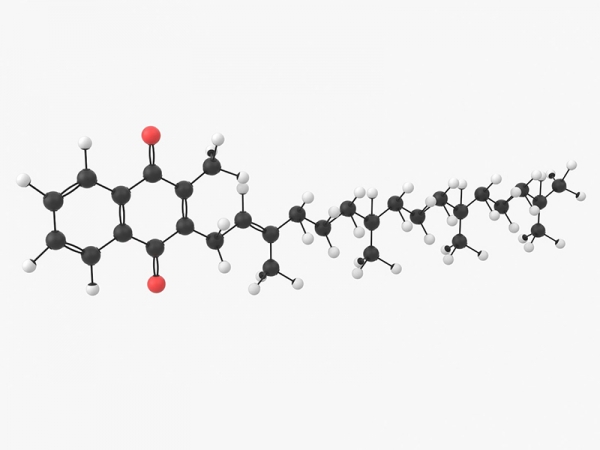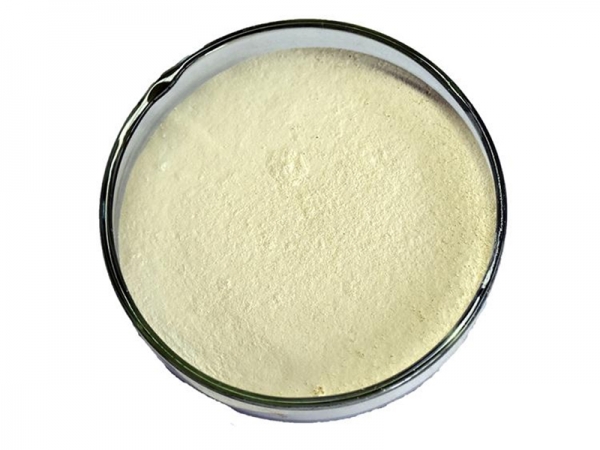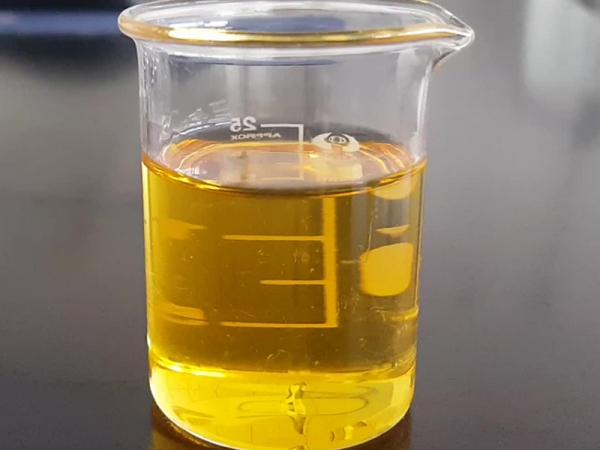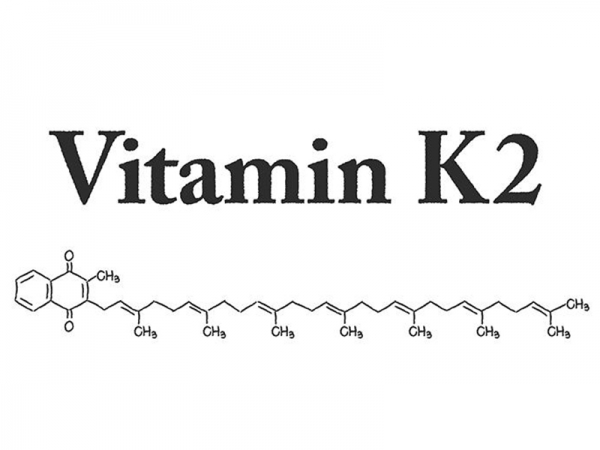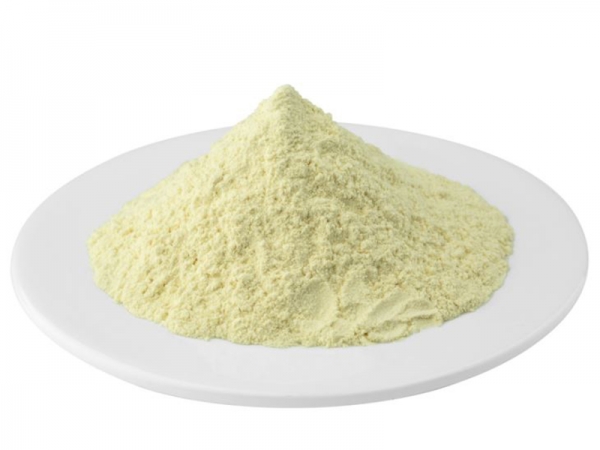-

 Vitamin B2, also called riboflavin, is an important vitamin that also acts as an antioxidant within the body. Because it’s a water-soluble vitamin, like all B vitamins, vitamin B2 must be obtained through a healthy diet and replenished often — ideally every day, in order to avoid vitamin B2 deficiency.
Vitamin B2, also called riboflavin, is an important vitamin that also acts as an antioxidant within the body. Because it’s a water-soluble vitamin, like all B vitamins, vitamin B2 must be obtained through a healthy diet and replenished often — ideally every day, in order to avoid vitamin B2 deficiency. -

 Sodium ascorbate is one of a number of mineral salts of ascorbic acid. The molecular formula of this chemical compound is C₆H₇NaO₆. As the sodium salt of ascorbic acid, it is known as a mineral ascorbate. It has not been demonstrated to be more bioavailable than any other form of vitamin C supplement.
Sodium ascorbate is one of a number of mineral salts of ascorbic acid. The molecular formula of this chemical compound is C₆H₇NaO₆. As the sodium salt of ascorbic acid, it is known as a mineral ascorbate. It has not been demonstrated to be more bioavailable than any other form of vitamin C supplement. -

 Vitamin A oil helps improve the appearance of fine lines and wrinkles, while Vitamin E helps leave your skin moisturized, smooth, and more radiant. Vitamin A Oil by Life Flo Health Products 4 fl oz Liquid Vitamin A Oil 4 fl oz Liquid Directions After cleansing skin apply Vitamin A Oil in the morning and evening or as often as desired. As with all dietary supplements consult your healthcare professional before use.
Vitamin A oil helps improve the appearance of fine lines and wrinkles, while Vitamin E helps leave your skin moisturized, smooth, and more radiant. Vitamin A Oil by Life Flo Health Products 4 fl oz Liquid Vitamin A Oil 4 fl oz Liquid Directions After cleansing skin apply Vitamin A Oil in the morning and evening or as often as desired. As with all dietary supplements consult your healthcare professional before use. -

 Vitamin B12 actually exists in many forms, and it contains the mineral cobalt, which is why compounds with vitamin B12 are collectively called cobalamins.Vitamin B12 benefits the central nervous system in many important ways. It helps maintain the health of nerve cells — including those needed for neurotransmitter signaling — and helps form the protective covering of nerves, called the cell’s myelin sheath.
Vitamin B12 actually exists in many forms, and it contains the mineral cobalt, which is why compounds with vitamin B12 are collectively called cobalamins.Vitamin B12 benefits the central nervous system in many important ways. It helps maintain the health of nerve cells — including those needed for neurotransmitter signaling — and helps form the protective covering of nerves, called the cell’s myelin sheath. -

 Vitamin B₆ is one of the B vitamins, and thus an essential nutrient. The term refers to a group of chemically similar compounds, "vitamers", which can be interconverted in biological systems. Its active form, pyridoxal 5′-phosphate, serves as a coenzyme in some 100 enzyme reactions in amino acid, glucose, and lipid metabolism.
Vitamin B₆ is one of the B vitamins, and thus an essential nutrient. The term refers to a group of chemically similar compounds, "vitamers", which can be interconverted in biological systems. Its active form, pyridoxal 5′-phosphate, serves as a coenzyme in some 100 enzyme reactions in amino acid, glucose, and lipid metabolism. -

 Vitamin C / Ascorbic Acid (Coated) Vitamin C occurs in two forms, namely L-ascorbic acid (reduced form) and dehydro-L-ascorbic acid (oxidised form). Although vitamin C normally occurs as ascorbic acid in nature, both forms are biologically active.
Vitamin C / Ascorbic Acid (Coated) Vitamin C occurs in two forms, namely L-ascorbic acid (reduced form) and dehydro-L-ascorbic acid (oxidised form). Although vitamin C normally occurs as ascorbic acid in nature, both forms are biologically active. -

 Ergocalciferol is vitamin D2. Vitamin D helps your body absorb calcium. Ergocalciferol is used to treat hypoparathyroidism (decreased functioning of the parathyroid glands). Ergocalciferol is also used to treat rickets (softening of the bones caused by vitamin D deficiency) or low levels of phosphate in the blood (hypophosphatemia).
Ergocalciferol is vitamin D2. Vitamin D helps your body absorb calcium. Ergocalciferol is used to treat hypoparathyroidism (decreased functioning of the parathyroid glands). Ergocalciferol is also used to treat rickets (softening of the bones caused by vitamin D deficiency) or low levels of phosphate in the blood (hypophosphatemia). -

 Vitamin D3, also known as cholecalciferol, is a fat-soluble vitamin that is involved in bone health, immune function, cell growth and more. It’s one of the few nutrients that your body is able to produce on its own through the skin cells in response to sun exposure. It can also be obtained through several vitamin D food sources and supplements as well.
Vitamin D3, also known as cholecalciferol, is a fat-soluble vitamin that is involved in bone health, immune function, cell growth and more. It’s one of the few nutrients that your body is able to produce on its own through the skin cells in response to sun exposure. It can also be obtained through several vitamin D food sources and supplements as well. -

 “Vitamin E” is a collective description for eight compounds, four tocopherols and four tocotrienols. Getting enough vitamin E seems to be especially critical for the very young (fetuses or infants), the elderly, and women who are or may become pregnant. According to the USDA, the recommended daily allowance for collective vitamin E is 15 milligrams per day (or 22.5 IU) for adults.
“Vitamin E” is a collective description for eight compounds, four tocopherols and four tocotrienols. Getting enough vitamin E seems to be especially critical for the very young (fetuses or infants), the elderly, and women who are or may become pregnant. According to the USDA, the recommended daily allowance for collective vitamin E is 15 milligrams per day (or 22.5 IU) for adults. -

 Vitamin K1 is the most common source that is present primarily in plant foods like leafy green vegetables.While vitamin K1 is found in plant foods that are very healthy for many reasons — such as green leafy vegetables like spinach, kale, broccoli and cabbage — it’s vitamin K2 that seems to be most beneficial for protecting the heart.
Vitamin K1 is the most common source that is present primarily in plant foods like leafy green vegetables.While vitamin K1 is found in plant foods that are very healthy for many reasons — such as green leafy vegetables like spinach, kale, broccoli and cabbage — it’s vitamin K2 that seems to be most beneficial for protecting the heart. -

 Vitamin K1 oil has a strong antioxidant effect, mainly from food sources.Vitamin K is a fat-soluble vitamin . Vitamin K1 (phylloquinone), found in plantsVitamin K helps the body to clot, or coagulate blood and maintain bone health.
Vitamin K1 oil has a strong antioxidant effect, mainly from food sources.Vitamin K is a fat-soluble vitamin . Vitamin K1 (phylloquinone), found in plantsVitamin K helps the body to clot, or coagulate blood and maintain bone health. -

 Vitamin K2 falls into the “vitamin K” category. Vitamin K2 is known as menaquinone.Compared to many other vitamins, the roles and health benefits of vitamin K2 were only recently discovered. Emerging studies show a lack of this vitamin is also associated with diseases including osteoporosis.
Vitamin K2 falls into the “vitamin K” category. Vitamin K2 is known as menaquinone.Compared to many other vitamins, the roles and health benefits of vitamin K2 were only recently discovered. Emerging studies show a lack of this vitamin is also associated with diseases including osteoporosis.
Select your country


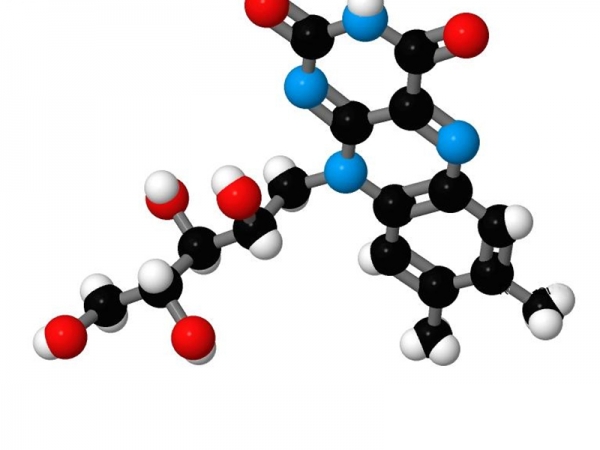
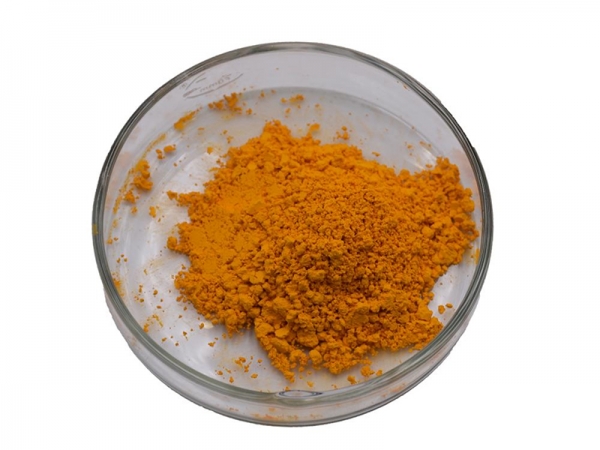


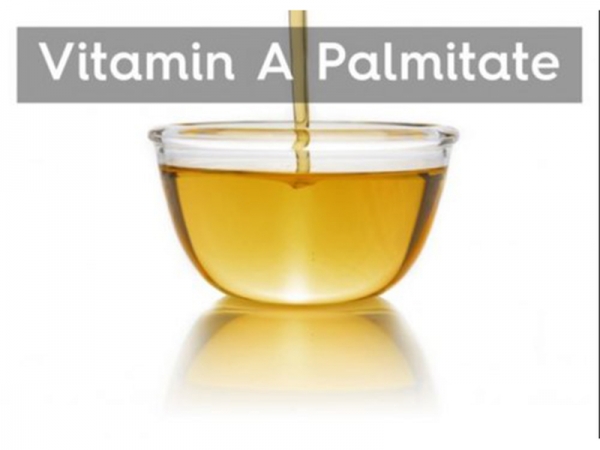
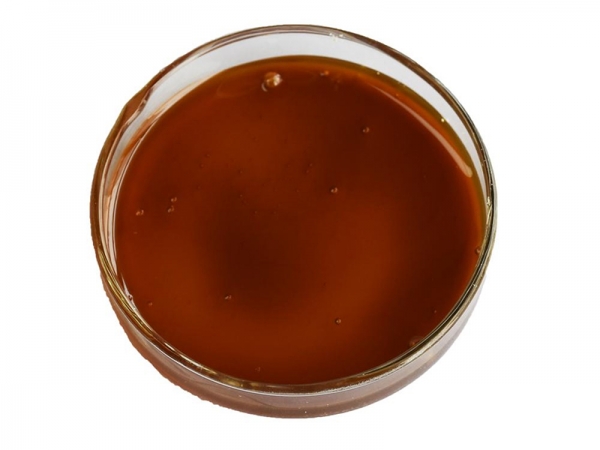
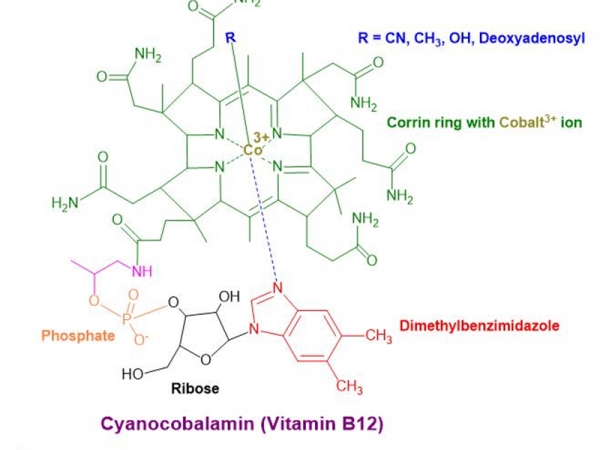
-600x450.jpg)
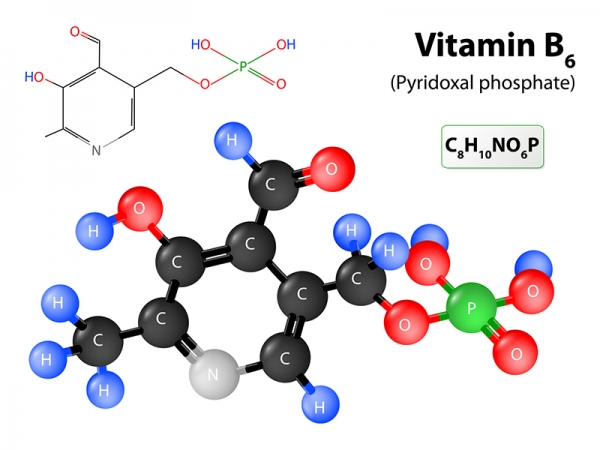
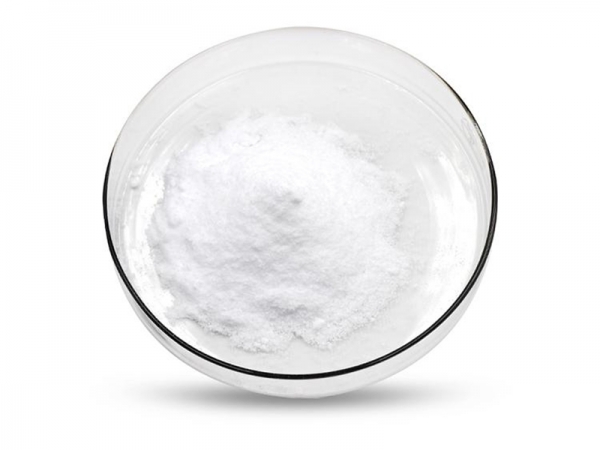
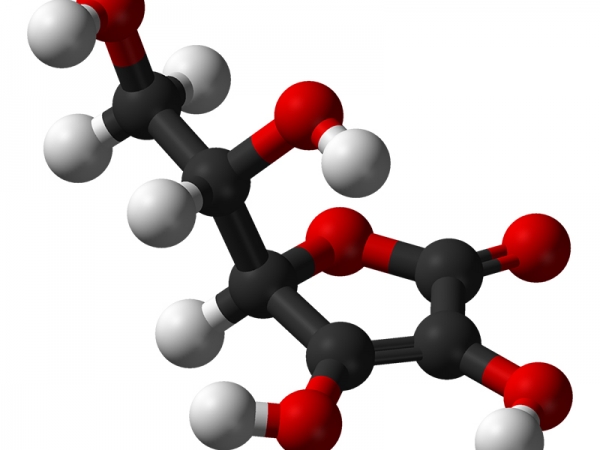
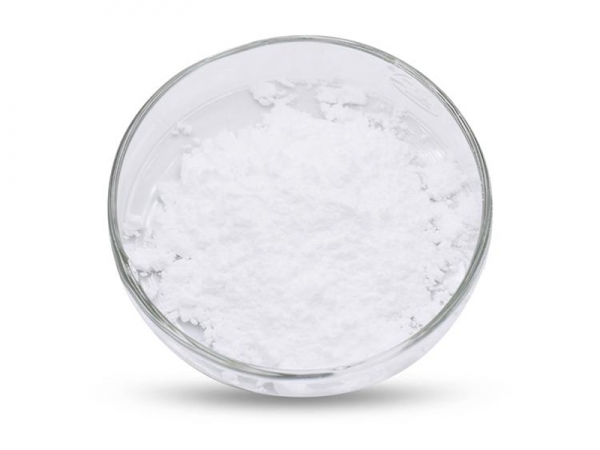
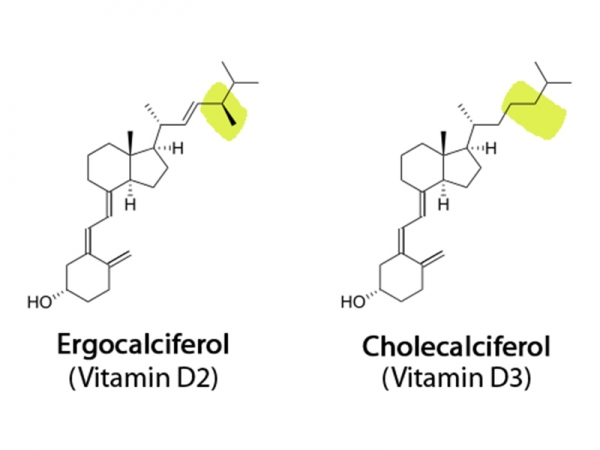
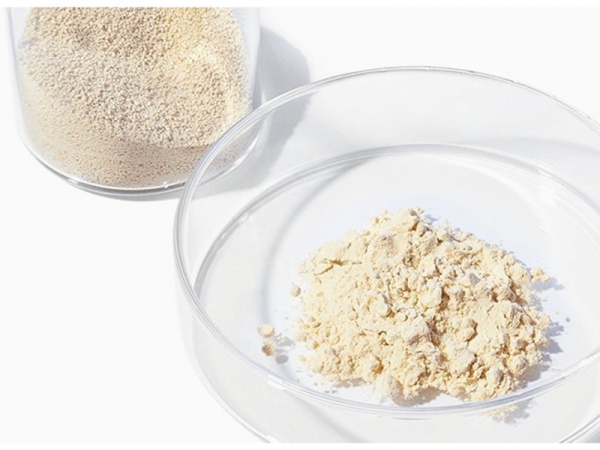
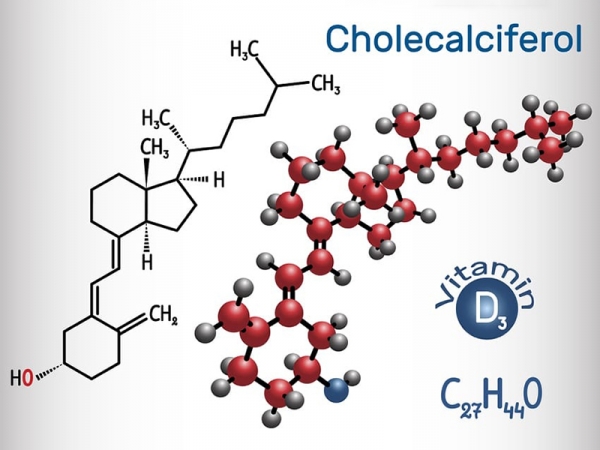
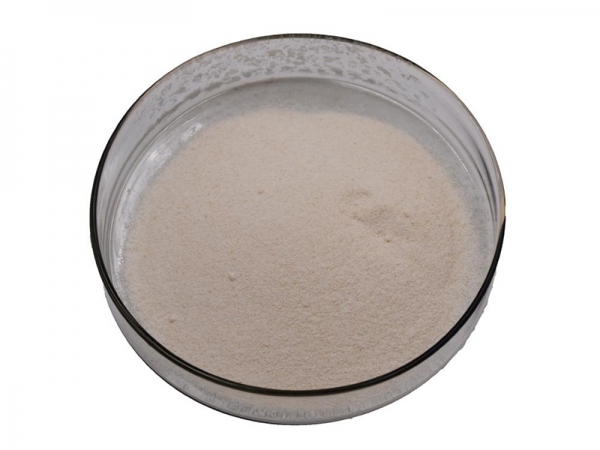
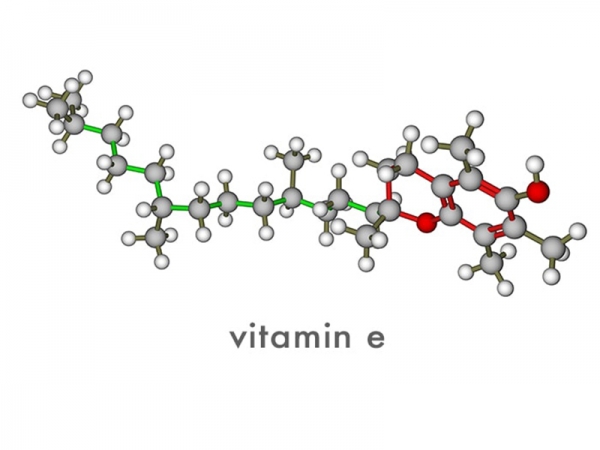
-600x450.jpg)
